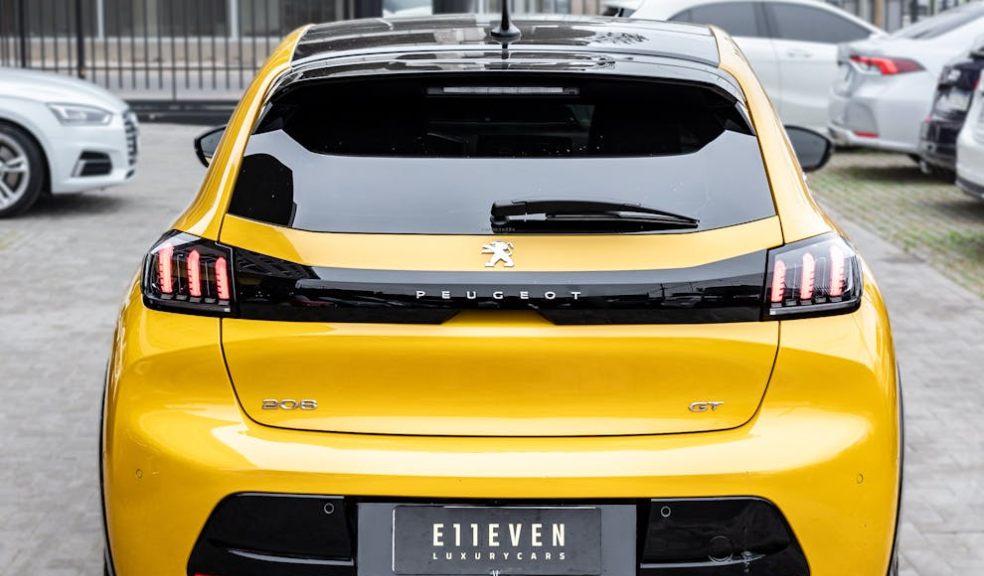
How to choose the right car for you
Choosing the right car is more than just a transaction; it's a decision that will affect your daily life for years to come. With changing trends in the automotive market and evolving consumer preferences, particularly in the UK, selecting a vehicle that fits your lifestyle and budget has never been more important. Here's a guide tailored for the UK market, enriched with the latest developments and statistics.
Assessing your needs
Ensure you find a car fit for purpose by considering what you will use it for. Are you looking for family transportation? Go for something spacious. Smaller vehicles are suited to short commutes while rural driving will require a more robust model. Passionate about the environment? Look into battery-powered or hybrid cars rather than traditional fuel-powered vehicles – but consider range limitations.
Chances are you’ll require a vehicle that offers best-of-both-worlds functionality such as the new Peugeot 208 cars which are small yet spacious and available in petrol, hybrid and electric versions. Prioritise your needs and decide on your deal-breakers and areas you could compromise on.
Setting your budget
Affording a vehicle goes beyond the initial purchase price, so setting a comprehensive budget is essential before you begin browsing cars. Key car ownership costs for your calculations are insurance, maintenance and fuel.
Financing options are available if you cannot afford to buy a brand-new car outright, or you can stick to the used car market with more affordable models. Electric and hybrid models are more costly upfront but it’s worth remembering that you’ll save on maintenance costs. There’s also a government plug-in grant available for some low-emission vehicles so you can buy them more cheaply.
Researching vehicles
Once you know what you need and how much you can spend, it’s time to research vehicles. Browse the websites of leading brands known for their reliability such as Toyota, Peugeot, Hyundai and Vauxhall and utilise car comparison websites to view different models side by side.
It's advisable to look into the latest car reviews, safety ratings and consumer feedback to check company claims, and you must take a test drive prior to purchase to ensure the vehicle is running smoothly whether you’re buying through a dealership or an independent seller.
Considering resale value
Resale value is an often overlooked but critical consideration. Some models depreciate faster than others, and factors like brand reputation, vehicle condition, records of essential services like the annual MOT and market demand play significant roles.
The UK market shows strong preferences for brands like Ford, Volkswagen and Vauxhall, which historically hold their value well. Moreover, as the country moves towards banning new petrol and diesel car sales by 2035, electric and hybrid vehicles are expected to retain a stronger resale value.














